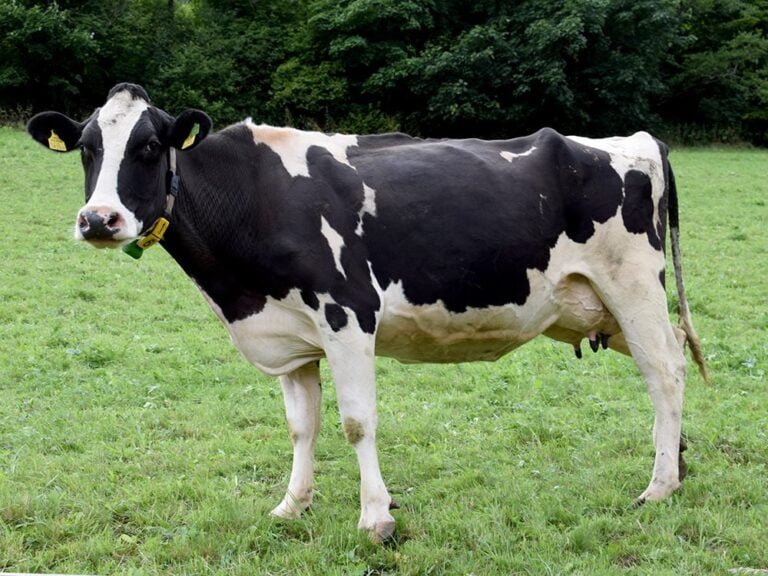Verb: ouvrir
The verb “ouvrir” is a regular -ir verb, and its conjugation follows a predictable pattern. Here is how it is conjugated in the present tense:
- j’ouvre (I open)
- tu ouvres (You open – singular, informal)
- il/elle ouvre (He/She opens)
- nous ouvrons (We open)
- vous ouvrez (You open – plural/formal)
- ils/elles ouvrent (They open)
Similar Conjugation Patterns
The verbs “rouvrir,” “découvrir,” “recouvrir,” “offrir,” “souffrir,” and “couvrir” share a similar conjugation pattern with “ouvrir.” These verbs are also regular -ir verbs. By recognizing this pattern, you can easily conjugate these verbs in the present tense. Here are their respective conjugations:
- je rouvre, découvre, recouvre, offre, souffre, couvre
- tu rouvres, découvres, recouvres, offres, souffres, couvres
- il/elle rouvre, découvre, recouvre, offre, souffre, couvre
- nous rouvrons, découvrons, recouvrons, offrons, souffrons, couvrons
- vous rouvrez, découvrez, recouvrez, offrez, souffrez, couvrez
- ils/elles rouvrent, découvrent, recouvrent, offrent, souffrent, couvrent
Past Participle and Usage
The past participle of “ouvrir” is “ouvert.” It is a regular past participle that does not undergo any changes. Here are a few examples of how “ouvert” can be used in sentences:
- J’ai ouvert la porte. (I opened the door.)
- Elle a ouvert son cadeau. (She opened her gift.)
- Nous avons ouvert une nouvelle boîte. (We opened a new box.)
Remember that the past participle “ouvert” agrees in gender and number with the noun it modifies. For example:
- Les portes sont ouvertes. (The doors are open.)
- La fenêtre était ouverte. (The window was open.)






